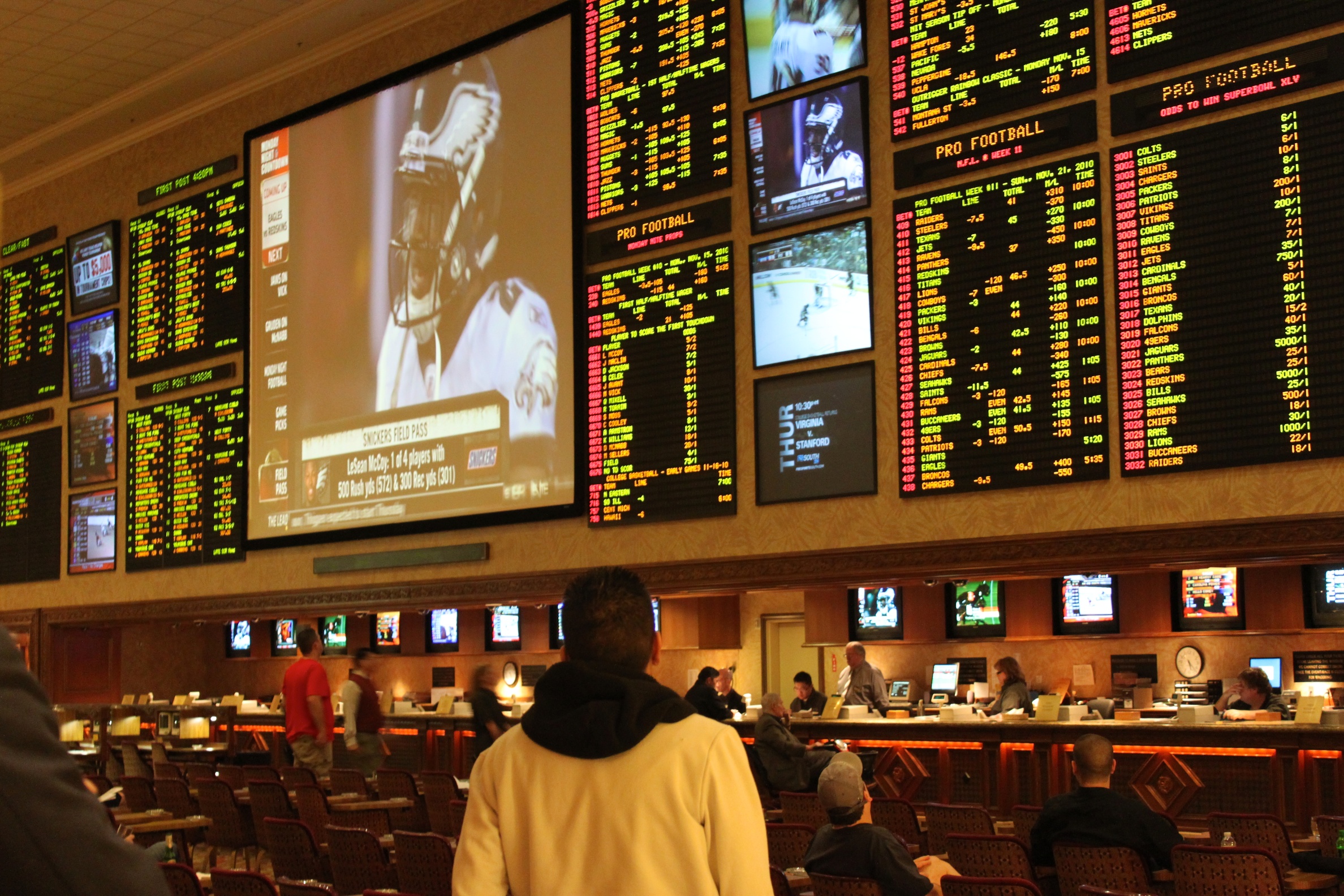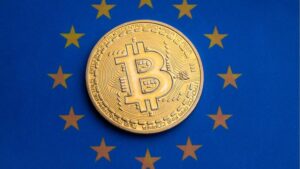BlackJack
Casinos
F1
Football
Poker
Sport
Tennis
UFC
Ancient Betting, Ancient Greece, Ancient Rome, Betting History, Black Sox Scandal, Bookmaking History, Digital Betting, Gambling Evolution, Horse Racing History, Intertops, Legal Gambling, Olympic Games Betting, Online Sports Betting, Pari-Mutuel, PASPA, Roman Chariot Racing, Sports Gambling History
Bruce Jones
0 Comments
From Ancient Arenas to Digital Wagers: The Storied History of Sports Gambling
The thrill of competition, combined with the excitement of risking something on an uncertain outcome, is a deeply ingrained human trait. Long before regulated sportsbooks and online betting apps, people were placing wagers on athletic contests. The history of sports gambling is as old as organized sports themselves. It weaves a rich tapestry through ancient civilizations, medieval tournaments, and the dawn of the modern era. Today, it culminates in a multi-billion-dollar digital industry. Let’s journey back to uncover the earliest stories of sports betting and trace its remarkable evolution.
The Dawn of Wagers: Ancient Origins (Before 0 AD)
The earliest verifiable instances of sports gambling emerge from the cradles of civilization. They link inextricably to the first forms of organized competition.
Betting in Mesopotamia and Egypt
Records show evidence of betting dating back to approximately 3000 BC in Mesopotamia. There, archaeologists discovered the earliest six-sided dice. Initially, people used these dice for religious rituals to make decisions or predict divine will, not just for entertainment. Similarly, in ancient Egypt, findings indicate prevalent betting during the time of the Pharaohs. They often wagered on popular board games like Senet.
Ancient Chinese Practices
Evidence also suggests widespread gambling in ancient China. People wagered on animal fights, like cockfighting, and rudimentary sporting contests. The Chinese are also often credited with inventing some of the earliest forms of lottery systems. People famously used these lotteries to raise funds for large state projects, including parts of the Great Wall.
Wagers in Ancient Greece
Perhaps the most prominent starting point for recorded sports betting is the Ancient Olympic Games, which began in 776 BC. Spectators, often as passionate as the athletes, famously placed informal wagers. They bet on everything from foot races and wrestling to chariot racing and pankration (an ancient form of boxing and wrestling). These were typically personal bets between individuals. Stakes ranged from goods and livestock to social standing.
Roman Betting Culture
The Romans loved games, having inherited this passion from the Greeks. They truly elevated sports betting. The Circus Maximus, a colossal stadium seating over 150,000 spectators, became ancient Rome’s bustling betting arena. Citizens from all walks of life enthusiastically placed bets on their favorite teams, distinguished by their colors (the Reds, Blues, Greens, and Whites). The Colosseum also served as a hub for Roman betting, where citizens wagered on gladiatorial combat. Archaeological findings, including betting tokens, and historical accounts reveal a surprisingly sophisticated betting culture. Despite emperors’ periodic attempts to outlaw gambling, exceptions were often made for holidays. The practice widely persisted, driven by intense public interest in these often dangerous spectacles.
Medieval Europe and Early Modern Developments (500 AD – 18th Century)
As ancient empires declined, sports betting continued. It took place in more localized, informal settings before experiencing renewed organization.
Gambling in Medieval Europe
Throughout medieval Europe, gambling adapted to popular events. Jousting tournaments, with their dramatic clashes and unpredictable outcomes, naturally attracted significant wagers. Often, nobility placed these bets. Archery competitions and early forms of football (very different from today’s game, sometimes involving entire villages) also inspired community-wide betting pools. Archaeological findings from medieval England suggest organized betting systems, including primitive betting slips. By the 15th century, basic bookmaking operations emerged, often centered in taverns.
The Rise of Horse Racing
A pivotal moment in the history of sports gambling came with the formalization of horse racing in England. King James I and Queen Anna actively fostered horse racing culture. They established dedicated racetracks. By the 18th century, the Jockey Club, founded in 1750, introduced standardized rules and dedicated racecourses. This created a perfect environment for a more organized betting ecosystem. Individuals like James Weatherby began meticulously recording races, results, and odds. This laid groundwork for modern sports statistics and bookmaking. Harry Ogden often receives credit as the first professional bookmaker. He pioneered the concept of offering different odds for different horses, demonstrating an early understanding of risk management and probability.
The Age of Bookmakers and Regulation (19th – 20th Century)
The 19th and 20th centuries saw sports betting transform. It moved from largely informal or illicit activity into a structured, and increasingly regulated, industry.
Formalizing Bookmaking
As the 19th century progressed, the concept of a “bookmaker”—an individual or entity who takes bets, sets odds, and manages risk—became more formalized. In 1850, Leviathan Davis and Fred Swindell opened one of the first betting shops in London. This era also saw the invention of pari-mutuel betting. Parisian businessman Pierre Oller introduced this system around 1867. Under this method, all wagers on a particular event go into a pool. The odds are then determined by the proportion of money bet on each outcome. This system later became hugely popular in horse racing globally.
Prohibition and Gradual Legalization
In many parts of the world, especially the United States, gambling faced periods of outright prohibition. Moral opposition and concerns over corruption often drove these bans. The early 20th century saw the infamous Black Sox Scandal of 1919. Eight Chicago White Sox players faced accusations of throwing the World Series due to gambling influence. This event cast a long shadow over sports betting, leading to stricter laws. However, illegal betting continued to thrive despite prohibitions, often controlled by organized crime.
Governments eventually realized that regulation could control illicit activity and generate tax revenue. This led to gradual legalization. Nevada, for example, legalized most forms of gambling in 1931. The UK’s Betting and Gaming Act of 1960 legalized off-course betting shops, spurring legal bookmaking across the UK. In the US, the Professional and Amateur Sports Protection Act (PASPA) of 1992 initially banned sports betting in most states. Its overturning by the Supreme Court in 2018 triggered a widespread wave of state-level legalizations.
The Digital Revolution: From Shops to Smartphones (Late 20th Century – Present)
The late 20th and early 21st centuries witnessed the most revolutionary shift in the history of sports gambling. This involved the advent of the internet and mobile technology.
The Birth of Online Betting
The mid-1990s saw the emergence of the first online betting platforms. Following Antigua and Barbuda’s Free Trade and Processing Zone Act in 1994, which allowed for offshore licensing, Intertops notably took the very first online sports bet in 1996. Finnish gambler Jukka Honkavaara placed this wager. This development offered unprecedented convenience. Bettors could now place wagers from home, bypassing traditional betting shops.
Rise of In-Play and Mobile Betting
The early 2000s brought the rise of “in-play” or “live” betting. This allowed people to place wagers during a game as events unfolded. This added a dynamic new layer to sports betting, demanding quick decisions and strategic thinking. The subsequent explosion of smartphones and mobile applications further democratized sports betting. It became accessible anytime, anywhere. Today, over 90% of sports betting action often originates from mobile devices. In-play betting accounts for a substantial majority of online wagers.
Emerging Technologies in 2025
As of 2025, the industry continues to innovate. AI now powers sophisticated predictive analytics and personalized betting experiences. Blockchain integration offers enhanced transparency and security for transactions. Furthermore, Virtual Reality (VR) and Augmented Reality (AR) are beginning to create more immersive betting environments. The expansion of micro-betting (wagering on very specific in-game events) continues to gain traction.
From the informal wagers of ancient Olympians to the sophisticated algorithms and mobile apps of today, the history of sports gambling tells a compelling story. It speaks to human passion for competition, risk, and the endless pursuit of an edge. While the methods have evolved dramatically, the fundamental desire to predict and profit from sporting outcomes remains a constant in our shared human story.














Post Comment